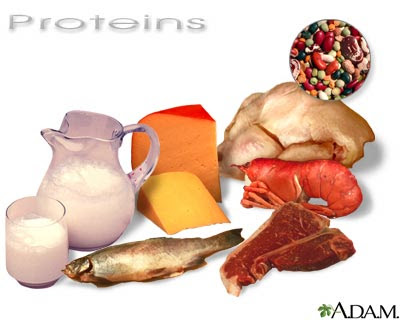
Not really. While many plant foods, including nuts and beans, can provide a good dose of protein, the best sources are dairy products, eggs, lean meat, and fish according to Donald Layman, PhD and professor emeritus of nutrition at the University of Illinois. Unlike plant based proteins, animal protein is complete, meaning it contains the right amounts of the essential amino acids your body can't synthesize on its own. It is possible to meet complete protein needs with plant based foods by combining legumes, nuts, and grains, but you need to consume 20 to 25 percent more to reep the same benefits that animal derived sources would provide, says Mark Tarnopolsky, MD, PhD, who studies nutrition at McMaster University in Toronto.


